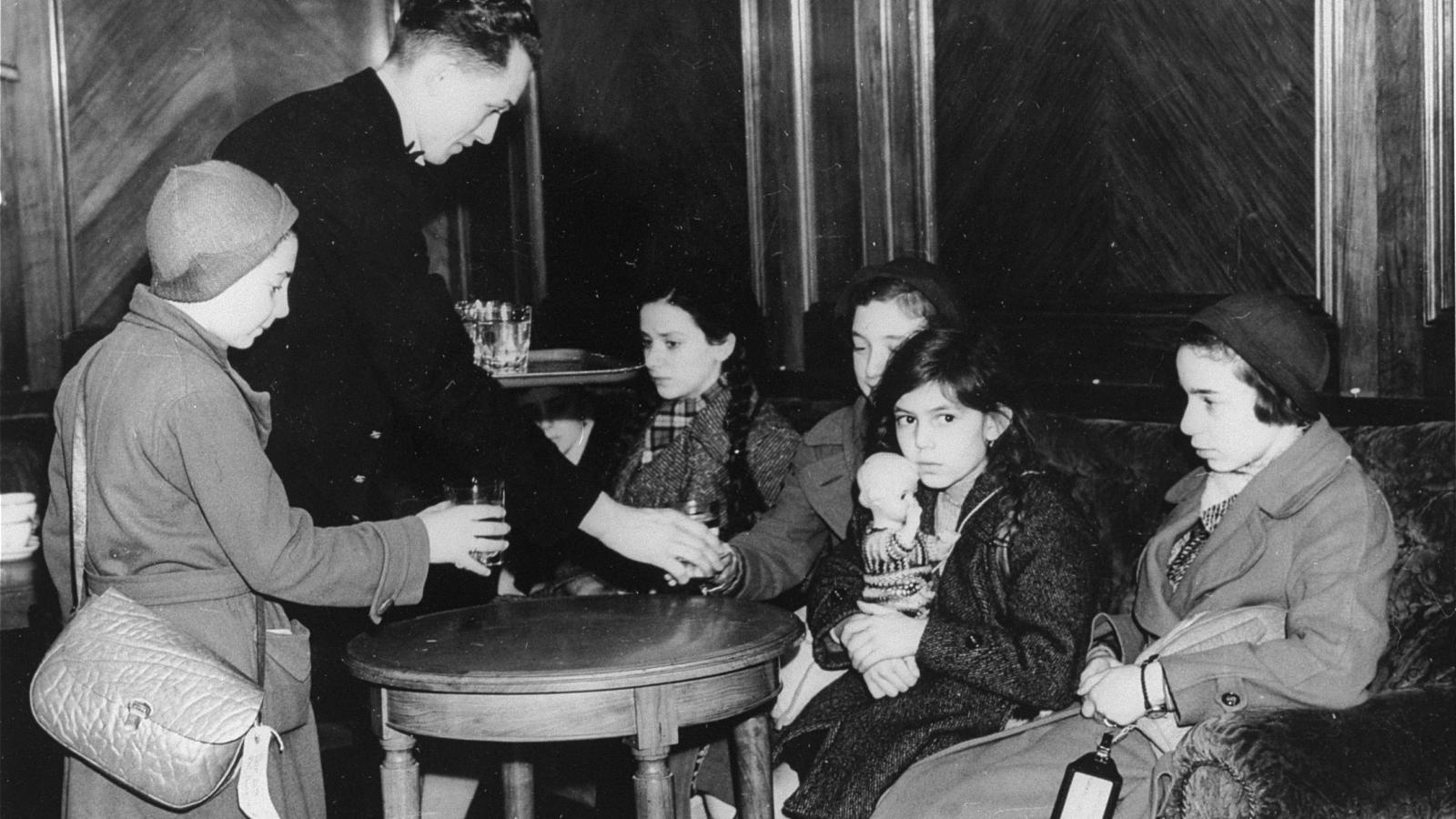Commentary on Parashat Matot, Numbers 30:2 - 32:42
Close your eyes for a moment and imagine the one place in the world where you have felt the safest and the most secure. For most of us this visualization brings up images of home — being nestled in bed in a childhood home, cooking dinner for loved ones in an adult home we created, standing still in a place in nature, or being embraced within a community that can evoke feelings of being truly at home within our body or in our soul. Home represents true safety. Home is the beginning and ending of each day’s and each lifetime’s journey.
A Long Journey to Stability
Much of the Torah is focused around the search for home. This week’s Torah portion, Matot, begins to bring to a close the Book of Numbers, which is wholly concerned with the people’s journey out of slavery in Egypt and the pursuit of a home in the Promised Land.
In this week’s Torah portion the people reach the land just over the Jordan River from the Promised Land. The tribes of Reuben and Gad, who are cattle ranchers, see that this location is fertile and are ready to stop traveling and create a home on this side of the Jordan. However, when the Reubenites and Gadites suggest staying put, Moses is appalled.
The issue seems to be that this choice is only concerned with their personal welfare. Moses asks them if they intend to abandon their community’s struggle when they are so close to reaching a homeland for all the tribes. After hearing Moses’ rebuke, the Reubenites and Gadites agree to take part in the rest of the journey to establish a home for the entire community before returning to the trans-Jordan with their cattle. The message of the Torah is clear. Everyone in the community must have a safe place to be before any of us consider ourselves at home.
With your help, My Jewish Learning can provide endless opportunities for learning, connection and discovery.
Contemporary Hebrews
In the contemporary world there are myriad people in need of a safe home. Last year, there were more than 62 million displaced people world-wide. Some 26 million were displaced by war and violence and another 25 million by natural disasters, while nearly 12 million people are stateless for other reasons. These numbers are staggering. There are millions of people who, like the ancient Hebrews, are vulnerable and homeless.
These numbers represent a global crisis and yet we seldom discuss it. Jews know about wanderings and have a particular ability to speak to the rights of displaced peoples. Three generations of my own family span seven countries and possess nine different native tongues. My father was born in Brussels in 1940 and became a hidden child during the Holocaust. After the war, he spent time in a Displaced Persons Camp before moving to England and then to the U.S., where he met my mother (a nice Jewish girl from New Jersey with Russian parents who had fled from Stalin). Soon thereafter, they immigrated to Canada to avoid the Vietnam War.
Acting on Our Story
This story is a typical Jewish family narrative. The story of displacement lies deep within our communal and individual Jewish histories. Narratives of fleeing oppression and wandering in search of home lie at the heart of our most sacred texts, inform our most cherished relationships, and have shaped our individual identities as Jews.
Jews have a powerful and intimate relationship to migration and the search for home. When we dare to tell our stories within the widest possible global context, we connect our sacred and familial memories of wandering to the ongoing global impact of violence and displacement. We have a unique voice that we can lift up to educate and advocate for the rights of displaced persons everywhere and for fair immigration laws here in North America.
In the coming weeks, as we finish reading the Book of Numbers, may we lift our voices and call out for the right of each and every human being to have a home in the fullest sense of the word, a sanctuary where human dignity can safely unfold.
This commentary is provided by special arrangement with American Jewish World Service. To learn more, visit www.ajws.org.
Torah
Pronunced: TORE-uh, Origin: Hebrew, the Five Books of Moses.



